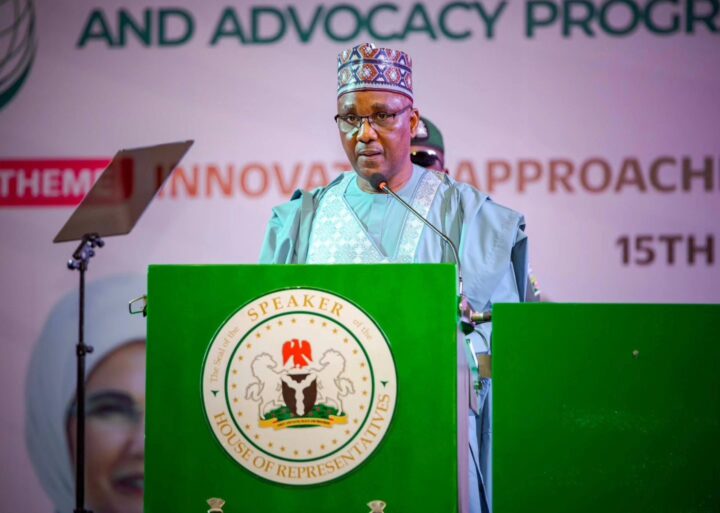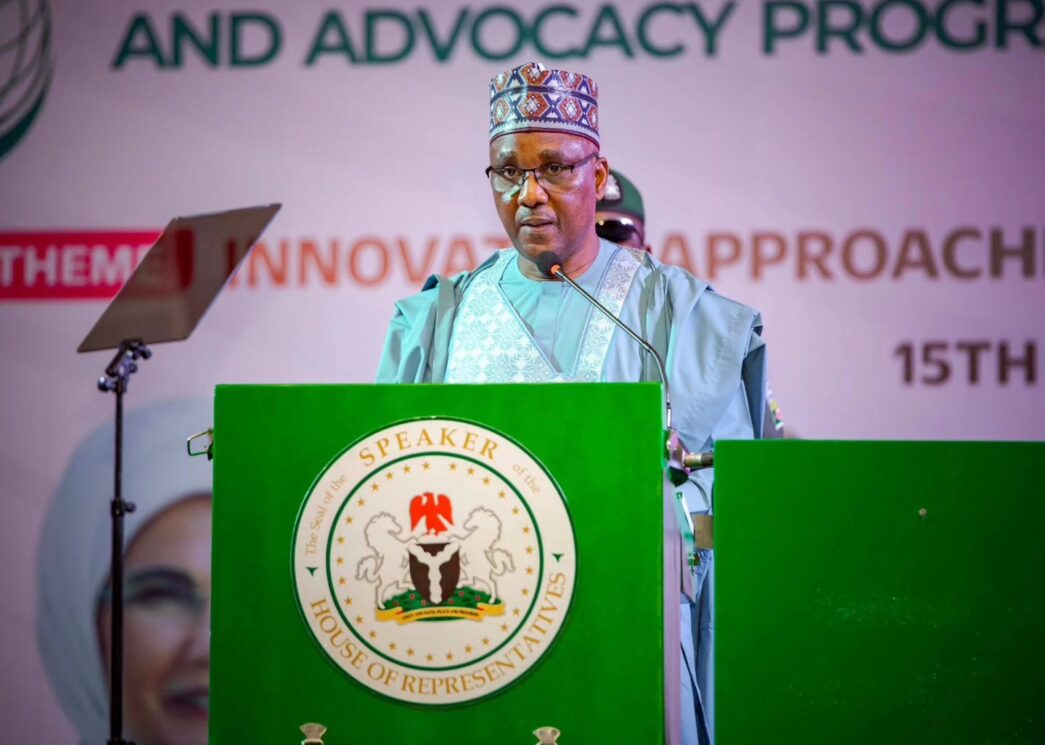Tajudeen Abbas, speaker of the house of representatives, has advised youths to embrace agriculture over the pursuit of quick wealth.
Abbas spoke in Abuja on Thursday at a dialogue, ‘Food security: Availability or affordability,’ organised by the Daily Trust newspapers.
Represented by Chike John, chairman of the house committee on food and nutrition, the speaker said insecurity has affected crop production in Nigeria.
Abbas said rural-urban migration, dependence on oil, and climate change have also threatened food security in the country.
Advertisement
“I believe that we must collectively strive to enhance agricultural production, lower costs, and build the infrastructure needed for the agricultural and allied sectors to thrive,” he said.
“I do not believe that food security is a privilege. It is a fundamental right. No citizen of our dear country should go to bed hungry because of the contest between availability and affordability.
“With the right focus, which is now being driven by the renewed hope programme and keenly supported by our legislative agenda, I firmly believe that food insecurity in Nigeria will become history.
Advertisement
“We are not far from achieving this. I, therefore, expect that the robust discussion here today will enrich us with actionable points that will help our resolve to collectively address the issue of food insecurity in our country.
“We cannot effectively discuss issues impacting poor agricultural yield and food insecurity in Nigeria without a mention of the devastating effect of insecurity across the country on the farming communities, especially.
“Insecurity in Nigeria has led to a decline in agricultural productivity, displacement of farmers, and poor yield.
“Today, the federal government is making every possible effort to address this and ensure that farmers return to their communities and lands because the decline in productivity leads to food shortages and economic loss for both the country and the farmers.
Advertisement
“Insecurity has also made it difficult for Nigeria to achieve its national goal of becoming a hunger-free nation, as displaced farmers can no longer farm, and those who farm are stopped from harvesting their crops.
“In some parts of the country, non-state actors hold farmers to ransom and ask for all manner of taxes before they are allowed to harvest their crops.
“However, the greatest culprit has been years of diverted focus from the agricultural sector. These are years when we, as a nation, moved focus from agriculture and its potential to drive the national economy and focused more on the petroleum sector.
“This does not only have economic implications but also consequences for our national food security.”
Advertisement
Abbas said the rapid shift toward urban migration presents unique challenges for our nation, particularly in the agricultural sector.
“Exodus of able-bodied individuals to cities has led to a sharp decline in the rural workforce. This not only hinders our ability, as a people, to cultivate and harvest crops efficiently but also threatens food security and economic stability in rural communities,” he said.
Advertisement
“Furthermore, the dwindling interest in agriculture among the youthful population, who are increasingly drawn to urban opportunities, exacerbates the situation.
“Sadly, these youths are sometimes drawn to quick-money syndrome. I have no doubt that we need a national rebirth to help redirect the minds of many of our youths.
Advertisement
“Quick money syndrome births more agony for the family and nation than hard work, focus, and consistency do.”
Abbas said the parliament is ready to partner with the media on any proposal on food security.
Advertisement












